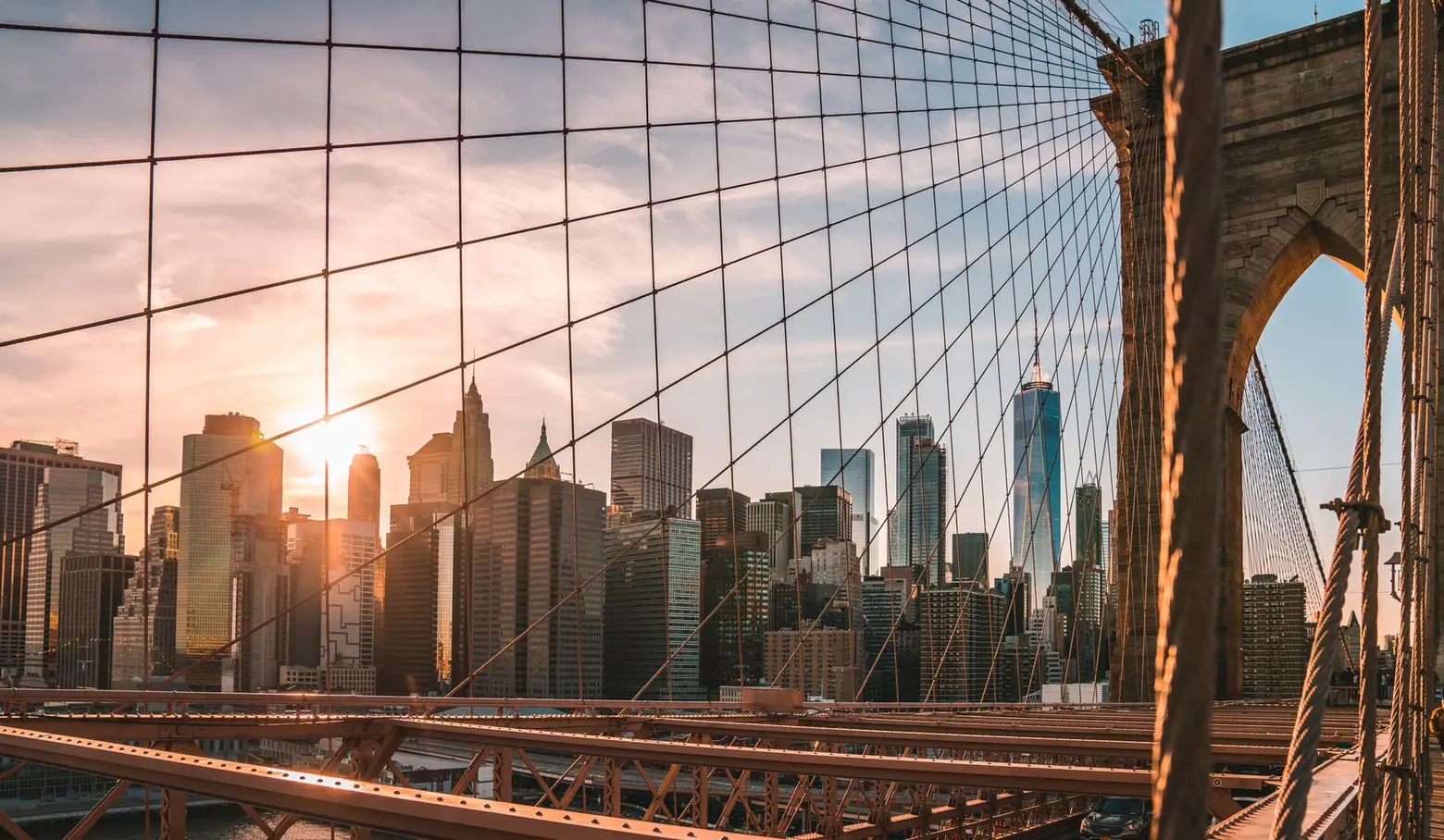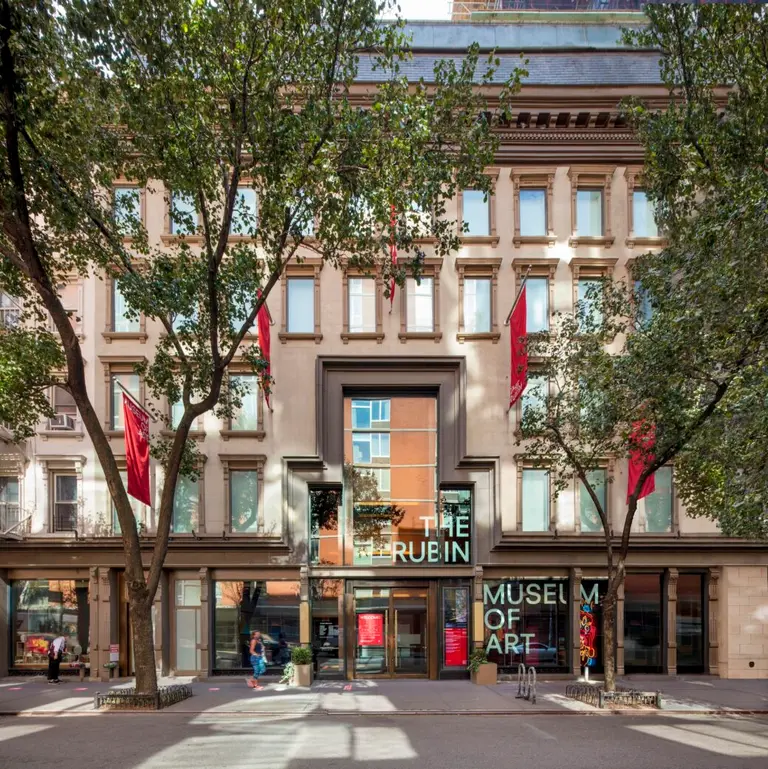NYC’s $20M fund will provide emergency relief to immigrant workers and their families

Photo by Colton Duke on Unsplash
Federal stimulus checks started hitting bank accounts this week, but to qualify for the IRS’ Economic Impact Payments one must be a U.S. citizen or U.S. resident alien and have a social security number. This omits about 7.6 million undocumented immigrant workers across the country, roughly 4.3 million of whom pay taxes using a taxpayer identification number, as CNN and Market Watch reported. Here in the city, however, Mayor de Blasio has announced the New York City COVID-19 Immigrant Emergency Relief program, a $20 million fund that will “reach 20,000 immigrant workers and their families with direct, one-time emergency relief.” The program is funded by George Soros’ Open Society Foundations.
In NYC, 3.1 million immigrants make up 37 percent of the city’s total population and 44 percent of its workforce. This includes 360,000 undocumented workers and 48,000 undocumented business owners. When their families are included, this is 738,000 New Yorkers, including 218 children. The Mayor’s Office tells us that in 2019, “foreign-born New Yorkers, including the undocumented population, contributed about $232 billion to the City’s GDP.” And currently, half of the city’s one million essential workers (delivery workers, health care workers, EMS staff, etc.) are immigrants. But over a third of the city’s undocumented workforce are low income and ineligible for most assistance programs, including the federal stimulus package.
“COVID-19 does not discriminate, but for immigrants, often working on the frontline of this crisis, it is a hardship multiplier for them and their families. We must make sure that everyone in our city, regardless of immigration status, has access to the support they need,” said First Lady Chirlane McCray.
The city has partnered with the Open Society Foundations on the program. According to a press release, “The NYC Mayor’s Office of Immigrant Affairs and the Mayor’s Fund to Advance New York City will create a citywide network of community-based organizations that will provide direct, one-time emergency relief payments to immigrant families.”
The initial $20 million in funding will be allocated for 20,000 undocumented workers and their families who have been affected by COVID-related job loss and financial distress. The breakdown is as follows:
- $400/individual
- $800 for couple or single parent with children
- $1,000 for family with multiple adults and children
- And/or where identified increased additional supports.
On the state-wide level, Governor Cuomo has been criticized for not providing assistance to immigrant workers left out of the stimulus package. When asked about it in his press conference yesterday, he said, “We’re looking into it but we have real financial problems,” referencing the state’s $10-$15 billion shortfall.
For his lack of action, critics are comparing Cuomo to Governor Gavin Newsom of California, who on Wednesday announced a $125 million fund to support undocumented workers. Newsom said in his announcement, “I’m proud as governor to be the very first state to announce a program for direct disaster assistance to those individuals.” The fund combines $75 million from the state of California and $50 million from private philanthropic donations. According to the governor’s press release, “Approximately 150,000 undocumented adult Californians will receive a one-time cash benefit of $500 per adult with a cap of $1,000 per household to deal with the specific needs arising from the COVID-19 pandemic.”
In addition to the $20 million George Soros donated to form the New York City COVID-19 Immigrant Emergency Relief program, he has donated an additional $110 million to other coronavirus-related relief efforts, including $15 million to the nonprofit New York City Fund for Public Schools and $2 million to help the homeless and prison populations in NYC. In a statement obtained by the New York Times, Mr. Soros said:
The scale of this pandemic has laid bare the fault lines and injustices of our world. We missed the opportunity to create a more just economy after the financial crisis of 2008 and provide a social safety net for the workers who are the heart of our societies. Today, we must change direction and ask ourselves: What kind of world will emerge from this catastrophe, and what can we do to make it a better one?




























